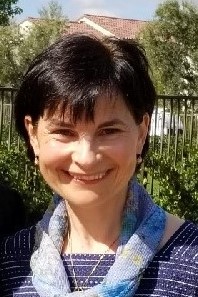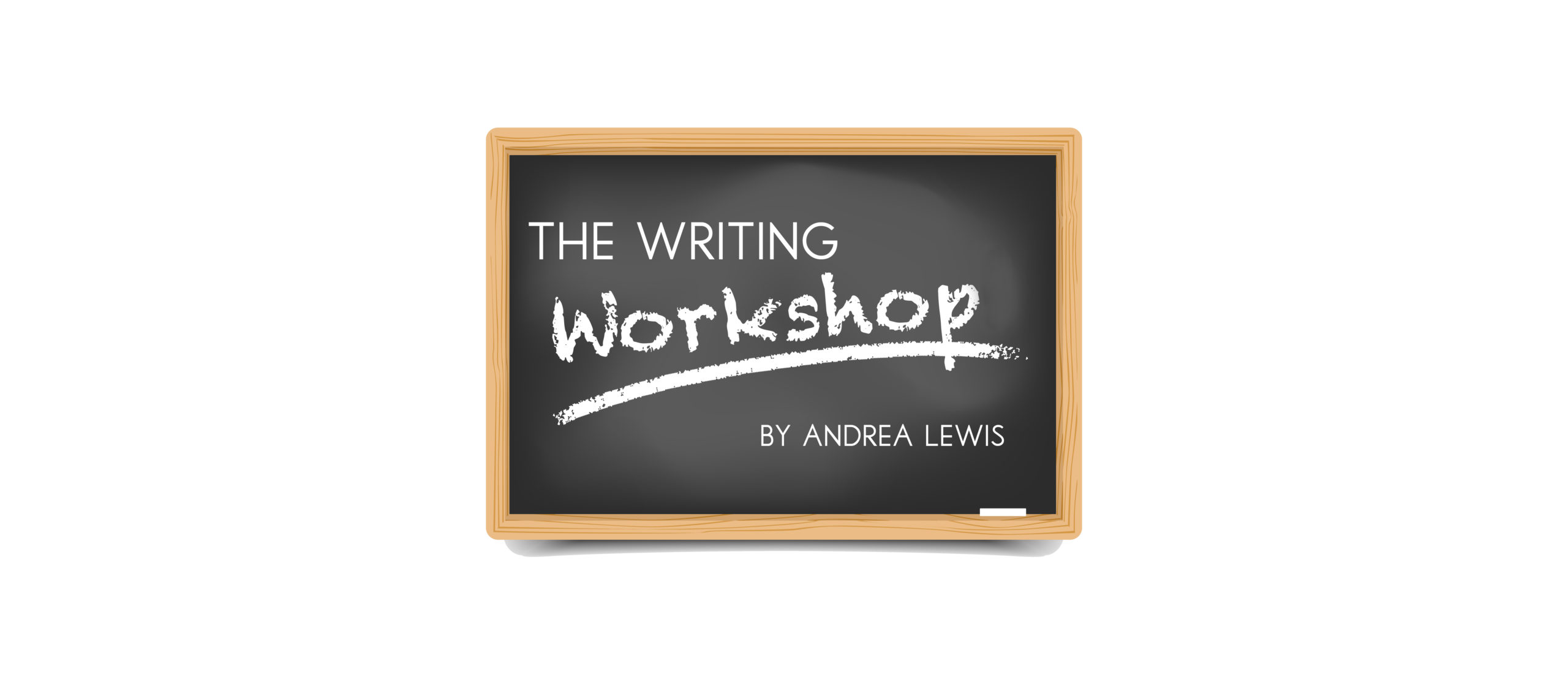By Andrea Lewis //
When I started writing my memoir, I thought I would write from memory, things that I remembered about meeting my husband and moving to the United States, but soon, I realized that I did not have some details. I turned to my husband to find out his perspective on the moment when we first met. Then, I reread emails that he and I had exchanged. When I wanted to double-check locations, I turned to online maps and people who live there. Little by little, I worked those details into my writing. I never thought of it as research, until I discovered that writers like Margaret Atwood, Neil Gaiman, David Baldacci, Judy Blume, David Sedaris—and the list can go on—referred to it that way and that it isn’t unusual for authors to carry out real investigations to yield masterpieces.
Although research methods vary among writers, most insist on its importance: out of respect for their readers. Someone out there will have better knowledge of the things that we write about.
When I sought answers for my work, I had intuitively discovered the need to produce accurate information, both for myself and for anyone willing to read my work, and that writers, just like scientists, must devote time to learn about the worlds that they create.
Reasons for research
Through research, authors get what Baldacci in his Masterclass lectures calls the “visceral feeling” and what Gaiman terms “the sensory details” of the places and people that will live in their stories.
World building: Whether writing something new or from memory, research will give novelists the tools to develop a more complex world and to understand characters in terms of time, space, age, profession, and much more, according to Baldacci. It will make the characters more credible and the space and plot relatable for the readers. World building will give your work “depth and breadth […] that will lift you out of the slush piles,” Baldacci says.
Accuracy: Atwood, in her Masterclass lectures, insists on fact-checking and having more than one source: “Details in your book have to be correct, because if they are not, it will throw off the belief of the reader in your story.” For her novels, Atwood says she learned about ways to make butter, history of fashion, and birth control laws in dictatorships. The takeaway from her Masterclass is “if it is not accurate, somebody is going to write you a letter or internet posting,” publicly pointing out the inaccuracy.
The similarity to investigative journalism is striking: Bob Woodward, author of All the President’s Men, encourages writers through his Masterclass lectures to use multiple sources— “seek out all witnesses and participants” to an event that you write about.
When to research
Before you get the idea: In their Masterclass lessons, both Sedaris and Gaiman say they get their ideas while taking walks, talking with people that they encounter, and visiting places that spark their interest. Sedaris adds that he relies on taxis, Ubers, and such for the opportunity to talk with the drivers. He says he often uses his notes on those conversations in his essays. Gaiman, on the other hand, says he uses the same technique for what he calls his “compost heap”—a collection of all things read, seen, or heard—a pile of ideas.
After you get the idea: Often, being out in the world will give you an idea for a book. For Baldacci, research before writing is critical, he says. His work often involves military concepts, maneuvers, and secret service. Even if his stories are fiction, he prefers not to make things up out of respect for those who have served in the military and are familiar with the terms and procedures.
After you write: Atwood says she prefers writing the story first, then checking to be sure the facts are correct, so the research doesn’t “bog you down in your writing.”
Writing is a personal endeavor, thus research depends on the rhythm of each writer, finding what works for them and their story—the right moment to research and the right methods. It may be a combination of the above.
Methods and sources of research
Most writers do not have expertise in the areas about which they choose to write—they learn through exploration. Here are a few methods used by many writers:
Visit the places that you intend to mention in the book, or when this isn’t possible, reading and studying anything available (such as photographs and documentaries)is imperative. Atwood advises hiring certified researchers who can go to the places where you cannot and access the necessary information.
Interview as many people as possible. It will help you make the setting and location integral parts of your story.
Gather firsthand experience of what you intend to write. Baldacci said he took military training to research Zero Day. In his Masterclass lectures, he talks about “creating a battle plan” with goals to accomplish—putting actions within a real space, with real time measurements, to inject credibility into the story.
Keep checklists and idea boxes about characters, locations, furniture, and habits of the time of your story—any and all details.
At first, when the topic is new to you, the research will most likely be general. As you go deeper, it will tend to become more focused, guiding you toward particular places, giving scenarios and structure to your novel. At the same time, as your investigation progresses, you may find it useful to structure your findings into categories.
Where and what should you research
The first temptation is to go to the internet. It’s a good place to start, but Woodward warns that “the internet will not replace human sources.” “You can always find your way to get help from people,” he says in his Masterclass lectures, “because the number of people willing to help is amazing.” In this, his advice echoes Atwood, although they write in completely different genres.
Atwood advises writers to “leave no stone unturned.” For her Alias Grace, based on the real story of Grace Marks, a woman imprisoned for a double murder, Atwood searched for answers from the archivist at the penitentiary, newspaper reports about the events, the judge’s notes, the lunatic asylum, old magazines, diaries, letters, and much more.
Again, checklists can help you keep track of people to interview, details found, details to look for, and much more.
Leave almost all of it behind
When the research material is available in abundance, the temptation is to use everything, yet, this is impossible. Then, how do writers show in their books that they’ve done their homework, without turning their chapters into pages of history lectures or science dissertations?
In their Masterclass lectures, Baldacci, Atwood, Blume, and Gaiman all recommend leaving 90 percent of the research out. The remaining 10 percent should be distilled down to a small detail or a conversation that walks the readers through something unfamiliar, evoking everyday situations, making it accessible. Research is for the writer to understand the characters and the situations, to develop the plot, and to provide insight to help them make the readers care about the entire experience.
“Your goal is to keep your reader believing in your story, even though both of you know it’s fiction,” Atwood says.
Research after you finish writing
Your work continues after you have written your book. You will spend time researching agents and publishers that are the best fit for your project. Checklists and lots of reading will continue in this stage as well.
After all, countless aspects of our everyday lives are based on research for anything that is new to us: buying a house or a car, learning to use a new gadget, dressing for events, finding a school for your child, eating the right food to fight aging… and the list goes on.
Similarly, writers research areas of life that they could not possibly have experienced otherwise. None of them has supernatural powers, yet many feature supernatural characters. They have not committed murders, yet murder is present in countless best-selling novels. Most writers have not handled nuclear weaponry, yet they do not shy away from tackling the subject. Everything is learning. Even researching about research for better writing is learning.

ANDREA LEWIS lives and writes in Huntington Beach. She was born in Romania and moved to the United States at the age of 34, after meeting and marrying her husband. She writes memoir and personal essays, with a recent attempt at freeform poetry. Her work has been featured in the Los Angeles Times.

